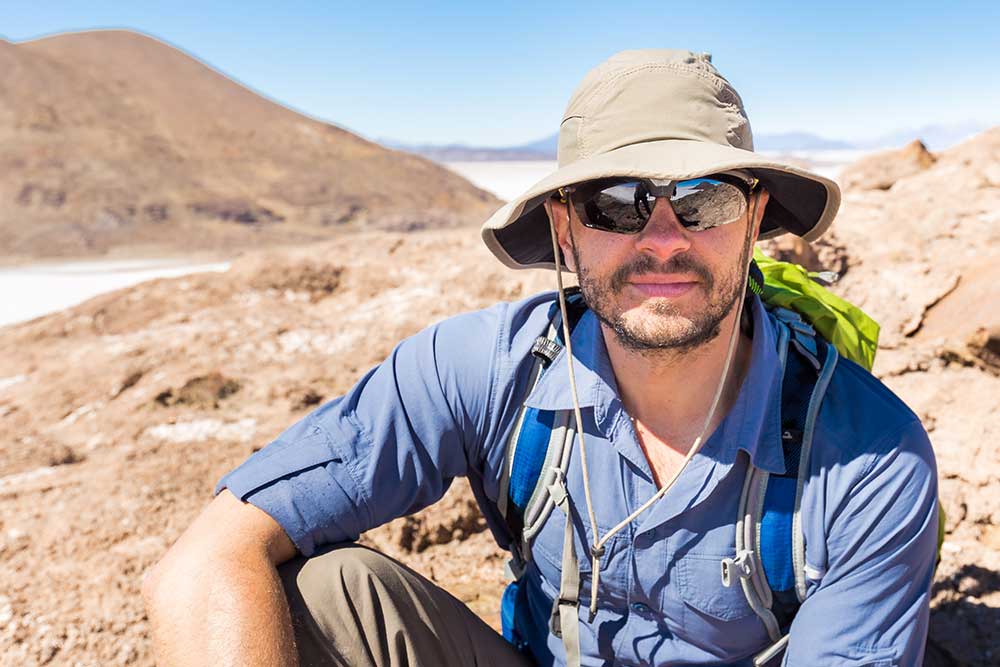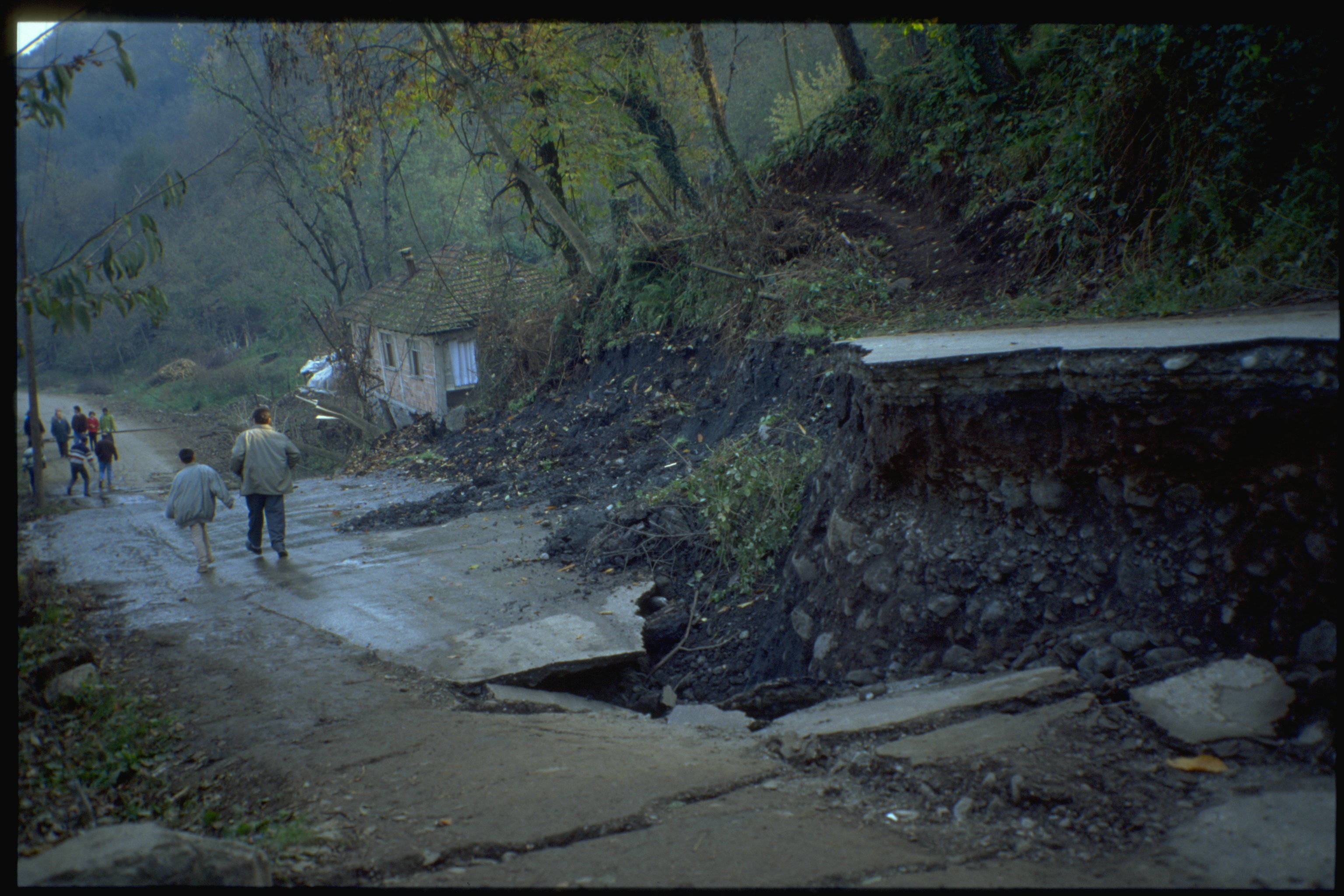All Categories
Featured
Table of Contents
Airborne Geophysical Measurements in Huntingdale Aus 2022
This work is significantly contracted out, so consultancies offer another source of work. Consultancy firms differ in size, from extremely little companies to large multinationals. Some consultancies are quite specialised in utilizing specific geophysical techniques or operating in particular locations, while others provide a more diverse range of services to their consumers.
The extraction of gas from land fill sites is another location of work and this might grow in the future. Expedition companies might undertake work for construction firms, water business, mining business and ecological companies, so geophysicists might be utilized in any of these settings. Other employers consist of: geological surveysgovernment bodies and agenciesuniversities and research study institutes.


Vacancies may be listed in the oil and gas sector press. Recruitment is affected by oil cost fluctuations and the level of competitors for positions varies depending upon this. Professions Days, which cover the full variety of geoscience careers and are normally participated in by a number of crucial industry companies, are run by The Geological Society.
Integrated Geophysical Surveys For The Safety in Cooloongu WA 2021
Some of the large oil and gas companies offer a full two-year structured training programme throughout the breadth of geophysics, including the chance to experience operate in numerous groups prior to specialising in one location. Your training might include work on: existing wellsmagnetic and gravitational possible field data analysisresearchrock analysis. It's more normal for your preliminary training to be supplied on the job.

There may be a probationary duration throughout which you work alongside an experienced associate. Competency-based appraisals occur routinely in many firms. In smaller sized firms, and for academic posts, there is unlikely to be any formal training - you'll be expected to begin work straightaway and get abilities as you go along.
If you work for a smaller company, you may find that you require to take obligation for organizing and moneying your own development and training. If you have a geology degree, subscription of The Geological Society can be useful for networking and for maintaining to date with the market.
Job Profiles : Geophysicist Physics in Beechboro Western Australia 2021
You might likewise find it helpful to join the PESGB (The Petroleum Expedition Society of Great Britain, which has a geophysics unique interest group. After a probationary duration, and as soon as you've gained some experience, you might progress to senior geophysicist, then group leader and then into a senior function in management.
The ease of motion in between functions depends on the company structure. Research study at Masters or Ph, D level in a subject related to geophysics or geosciences may aid with your career advancement and progression. The work market within the oil and gas market is really dependent on cost and this may impact your chances for career development.
For skilled geophysicists, freelance consultancy provides a great path for career development. As a geophysicist, you're most likely to have several tasks throughout your working life.
Careers With Geophysics - Ocean And Earth Science ... in Bickley Western Australia 2023
From geophysics, it's possible to focus on seismology (completing more training to become a seismic interpreter) or to move into associated locations such as engineering geology or risk forecast.
Deciding what to study in college is a difficult option. Even if you know that your field of interest lies in science, what program of research study is right for you?
However the initial step to accomplishing your goal of ending up being a geophysicist is earning a degree. Even for entry-level positions in the field of geoscience, you'll require a bachelor's degree (a geophysicist college degree) from a certified college or university. Some research positions require prospects to hold master's degrees or perhaps Ph.
Geophysical Survey Techniques And Methods in Shenton Park WA 2021
Doctoral degrees are especially important if you prepare to teach at a four-year institution. Geophysicists apply physics principles and methods to study the gravitational, magnetic, and electric fields of the earth. This furthers scientists' knowledge of both the world's interior core and its surface. Geophysicists need to be able to: evaluate rocks, pictures, and other pieces of information conduct research study both in the field and in laboratories develop maps and charts of their findings compose reports To accomplish all this, trainees require a specialized education for geophysicist careers.
As mentioned above, you'll require a bachelor's degree in geoscience or an associated discipline, such as a physical science or a life sciences, to land an entry-level task. But students can likewise prepare by majoring in topics like: Biology Chemistry Computer technology Engineering Mathematics Physics The above geophysicist majors use a more generalized approach to a single clinical discipline, but most programs require trainees to take one or more geology course.
Latest Posts
Geophysical Survey in Jandakot Australia 2020
Geophysics Definition & Meaning in Roleystone Oz 2021
Geophysical Survey - Explore The Seafloor in Kinross WA 2021